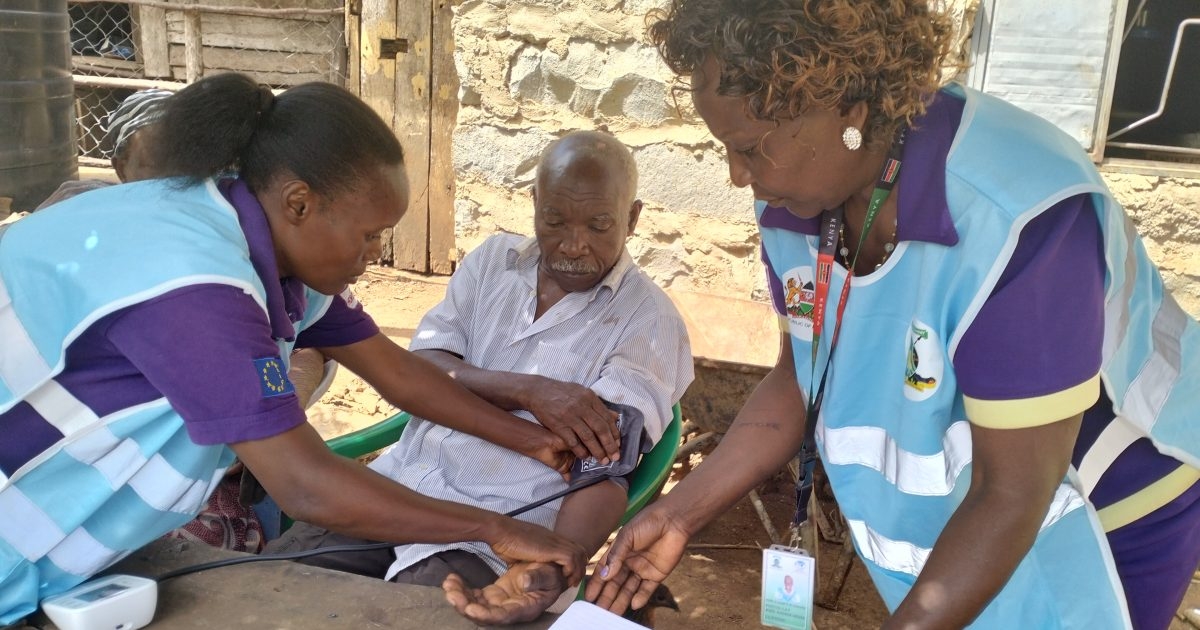
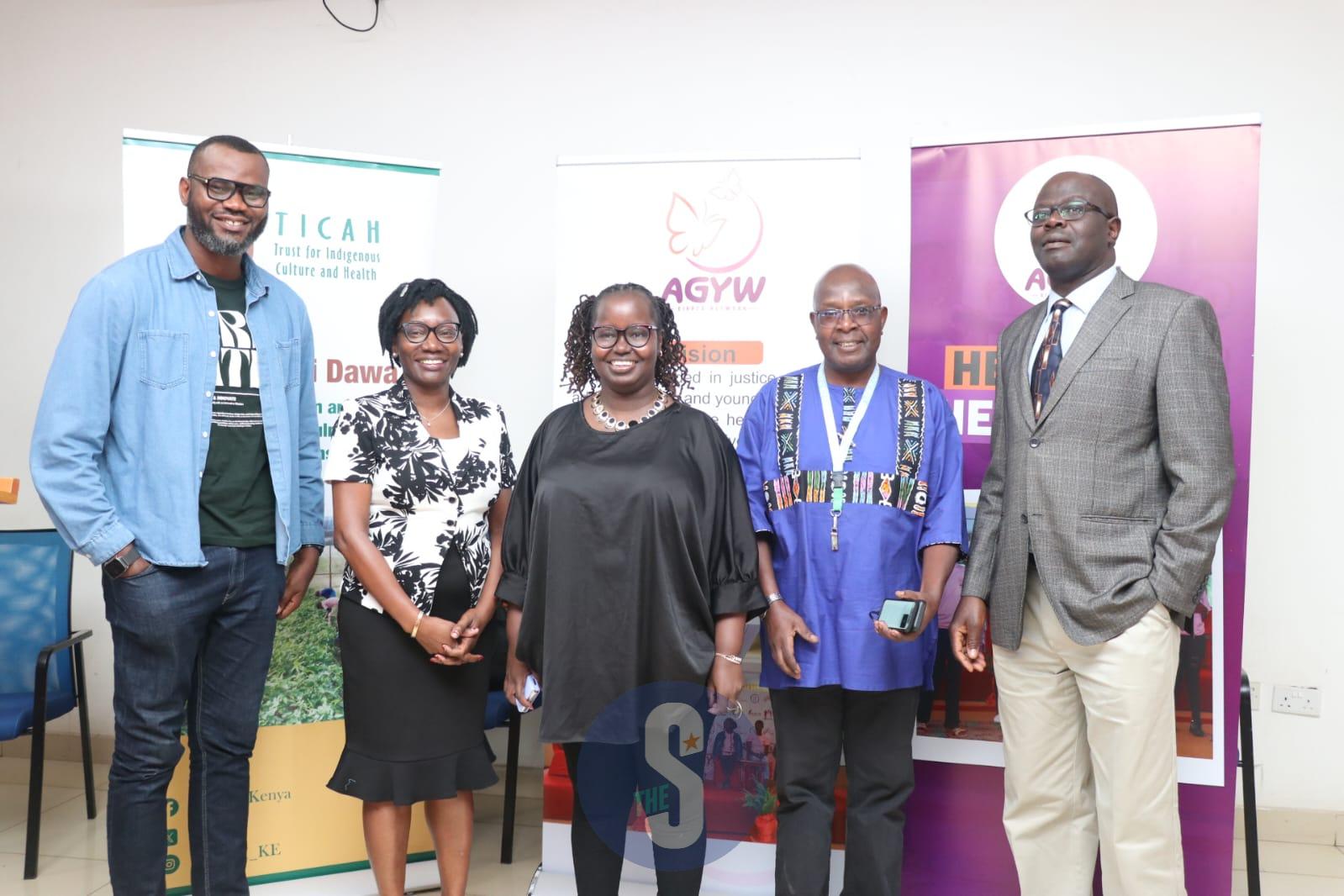
Kenya has not realised the reproductive health guarantees in Article 43 due to gaps in law, unclear policies and resistance in communities, experts said at a colloquium in Nairobi.
Article 43 places the right to health in the Constitution, including reproductive healthcare.
More than 14 years after its adoption, speakers said access remains limited.
The Breathing Life into Article 43 colloquium brought together academics, civil society, state officials and members of the judiciary to review progress and propose reforms.
Dr Joseph Situma of the University of Nairobi said the law frames reproductive health narrowly, leaving out key services.
“The law frames reproductive health in limited terms, overlooking the broader spectrum of rights and services it should cover,” he said.
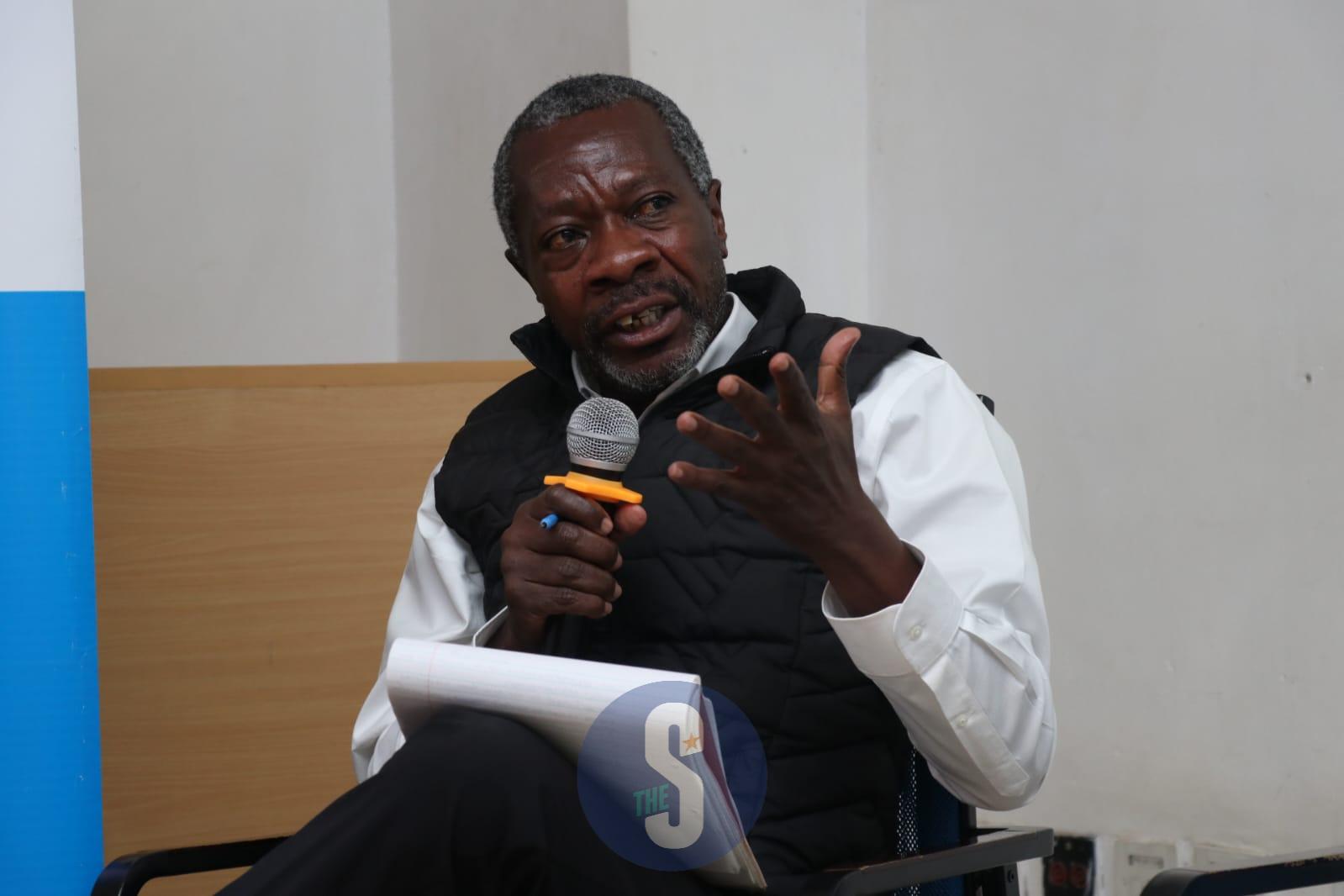
He warned that criminalising abortion harms women and adolescents. “Preparing them to fail in their lives,” he said.
Situma urged an examination of practices that support the Constitution and others that undermine rights.
Dr Marygoretty Otieno of the University of Nairobi said women face the biggest impact of gaps in Article 43.
“Laws are not for women. They are for men, to satisfy them. Women need to be respected. They need to be invited to such spaces,” she said.
She noted that unpaid care work and farm duties expose women to health risks before they reach services.
Martin Onyango of the Africa Legal Strategies Centre said laws on abortion conflict with the Constitution.
“In Kenya, we don’t talk about abortion as on demand but when the health of the woman is in danger [which is at the doctor’s opinion],” he said.
He called for alignment of laws and inclusion of reproductive health in all health benefits packages.
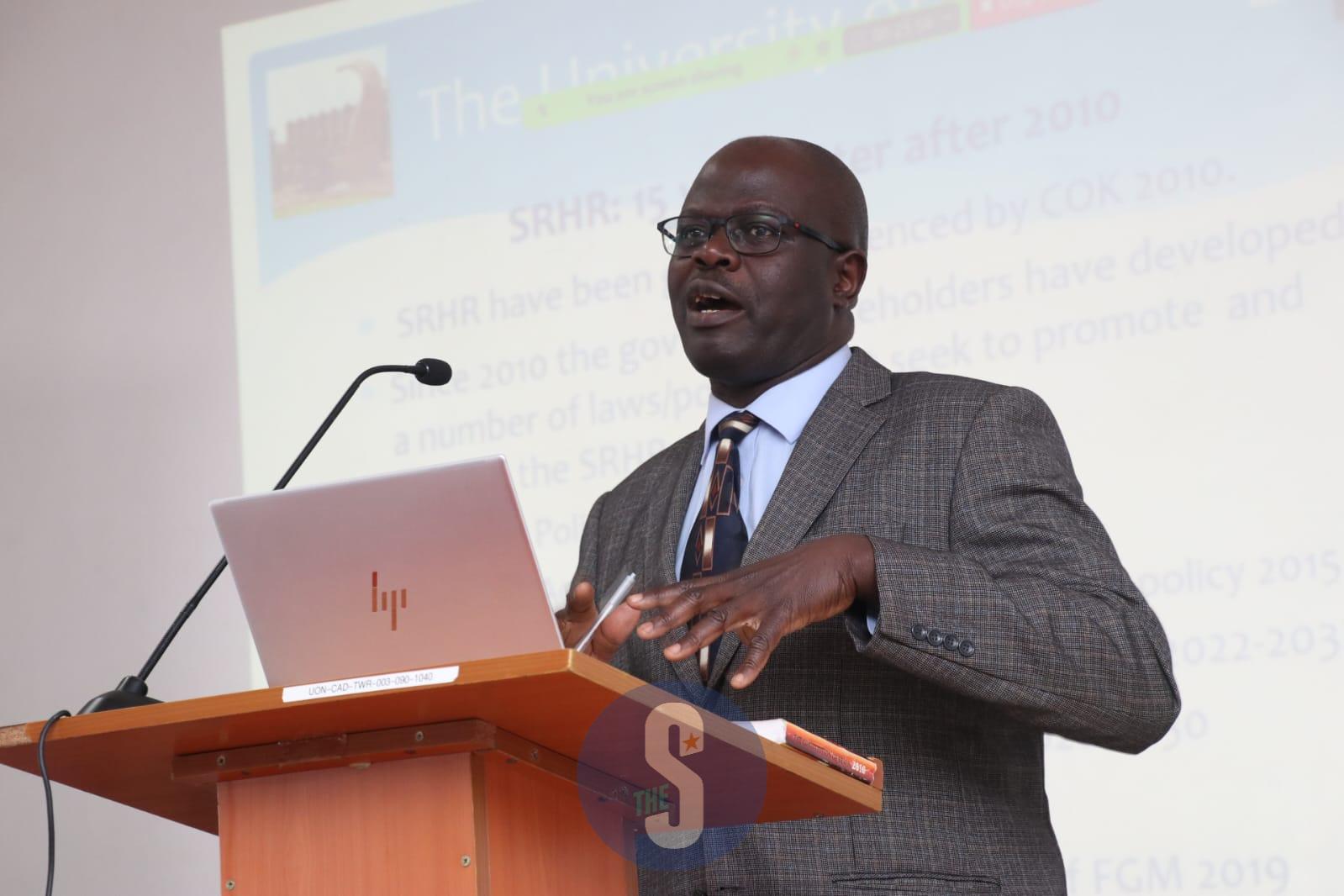
Trust for Indigenous Cultures and Health program manager Wangari Ireri said some practices in communities support access to services.
She pointed to growing demands for accountability over health supplies. Ireri said stigma remains a barrier.
“Women are often deemed immoral or irresponsible for taking up services such as contraceptives,” she said. She also cited fear among providers.
“Ambiguities in laws and policies create fear among healthcare providers, sometimes preventing them from offering reproductive health services.”
Ireri mentioned irregular supply, misleading information and claims linking contraceptives to infertility as key challenges.
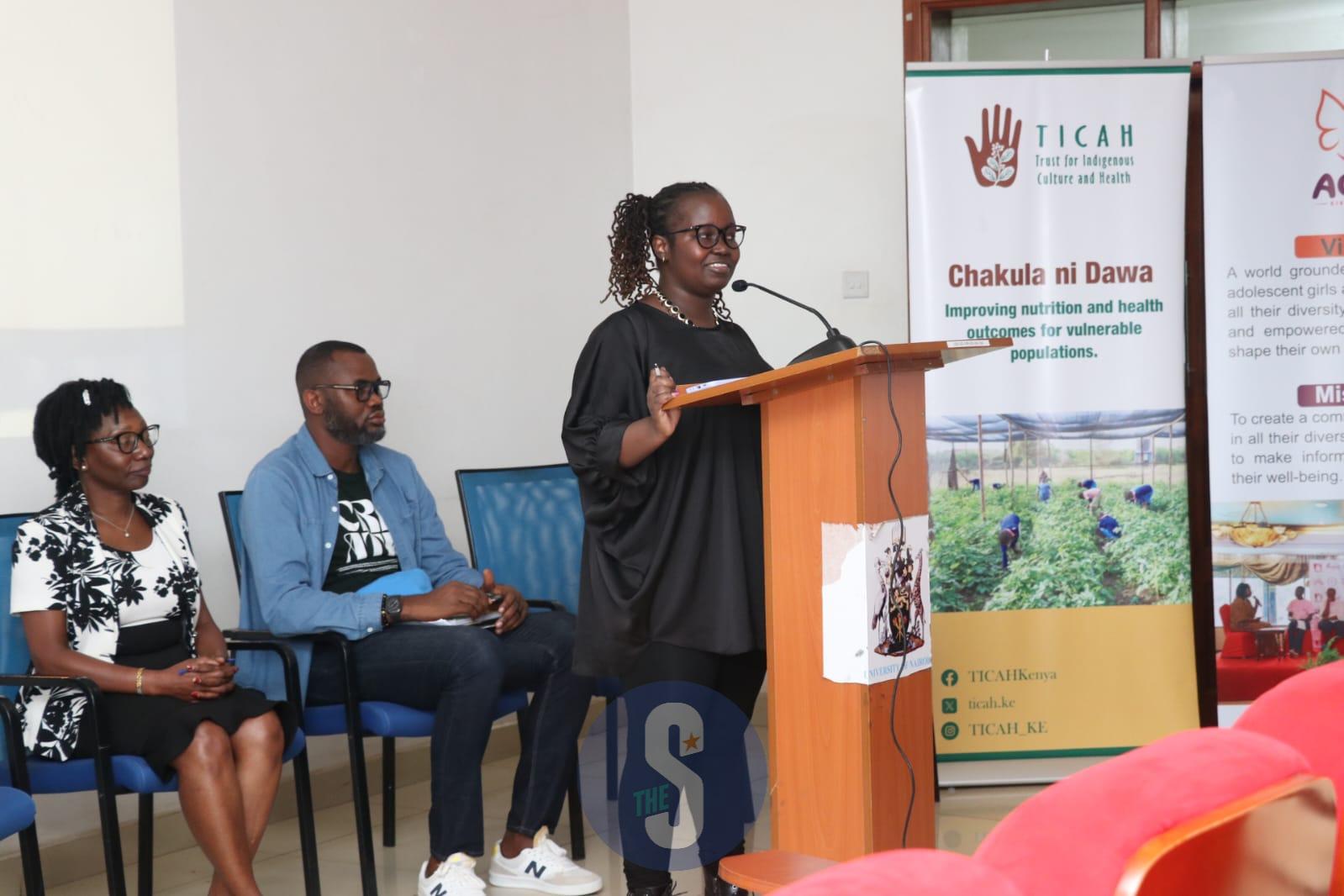
Prof Onyango Ouma of the University of Nairobi said criminal provisions in the Penal Code continue to block access. “Not aligned to the Constitution,” he said.
He noted reluctance among providers.
“Many healthcare providers are reluctant to offer services, including emergency care, due to personal beliefs and unclear legal positions on abortion,” he said.
Ouma called for advocacy, policy guidelines and research to drive legal reform.
“Research must provide data to show the demand for safe services and emphasise legal action to close the gap between the Constitution and the Penal Code,” Ouma said.
Speakers urged Parliament, state agencies and communities to clarify laws, improve access, expand sexuality education and ensure Article 43 guides reproductive health policy across the country.














